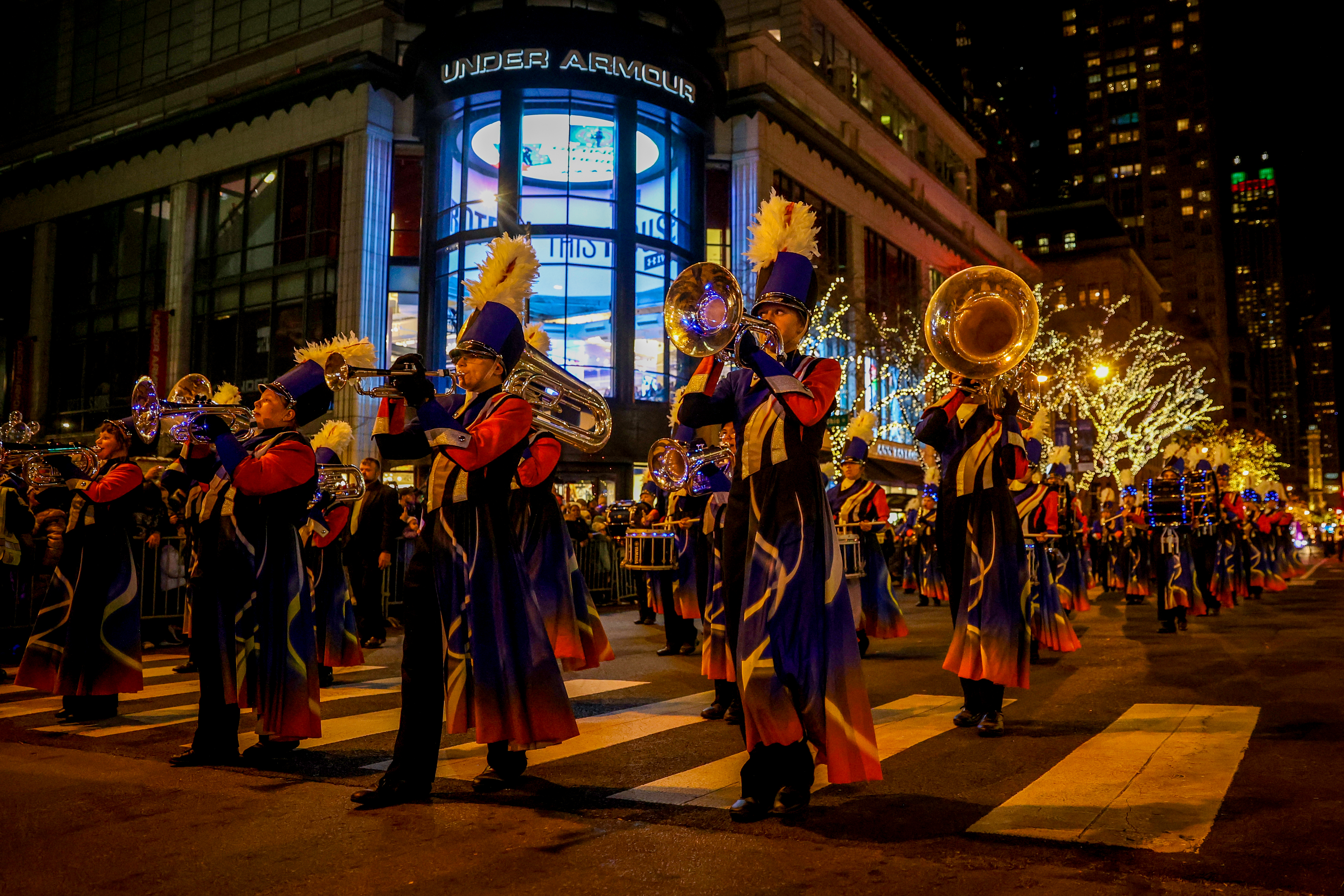During a trip to Ukraine this week alongside members of the intelligence community, Rep. Mike Quigley expressed concern over President Donald Trump’s failure to react to Russian overreach and aggression.
“It seems striking that President Trump, for some reasons still unknown, remains unwilling to stand up to Russian aggression, at home or abroad,” he added.
Quigley, who serves on the House Permanent Select Committee on Intelligence, faulted Russia’s continued advancements into sovereign land in Georgia and Ukraine. The Chicago Democrat said President Barack Obama’s policy toward Russia and Ukraine “helped to maintain a fragile ceasefire” which has eroded since Trump took office last month.
“The fighting in Avidiivka, an industrial city near the Russian border, has intensified to levels not seen in years, testing the mettle of the new administration,” Quigley wrote. “So far, Trump is failing the test."
Quigley claimed Trump hasn’t “put forward a cohesive foreign policy on either Ukraine or Russia."
“News out of Washington comes at a frenzied pace — from the resignation of national security adviser Michael Flynn, to reports of contact between Trump campaign aides and Russian intelligence, all while evidence of Russian interference in the presidential election continues to mount.”
In January, The U.S. Intelligence community confirmed that a covert Russian operation worked to undermine the presidential election and aid Trump’s candidacy by hacking the Democratic National Committee and members of Hillary Clinton’s campaign. Obama’s sanctions were handed down as a response.
Local
Flynn allegedly misled Vice President Mike Pence about conversations he had with the ambassador regarding the sanctions. According to the White House, Trump was aware that Flynn misled Pence about the conversations with the Russian ambassador, but waited nearly three weeks before ousting the retired Army Lieutenant General. Last month, Trump told the Wall Street Journal that he would be open to lifting Russian sanctions, but plans to keep them for "at least a period of time."
Three people who were affiliated with Trump’s presidential campaign — Carter Page, Paul Manafort and Roger Stone — are currently being investigated by the FBI and the intelligence community for their communications with the Russian government, according to the New York Times.
“Whatever its knowledge of the election hacks, it makes absolutely no sense for the Trump administration to remove the only leverage we have, when Russia has only become more emboldened since Nov. 8,” Quigley wrote.
For decades, Quigley said, Russia has been employing “Soviet-style tactics” to maintain power and influence in the region and beyond.
“Disseminating ‘fake news,’ spreading propaganda, infiltrating foreign governments with spies and sympathizers, blackmail, extortion and interfering in elections are all part of the same playbook,” he wrote.
Quigley faulted Trump for echoing Russian President Vladimir Putin’s stance on NATO’s role. In an interview published last month by Germany’s Bild newspaper and the Times of London, Trump called NATO “obsolete” and said the European Union is “basically a vehicle for Germany.” In addition, he lauded the United Kingdom’s withdrawal from the European Union.
“My own feelings couldn’t be more different,” Quigly wrote.
“Despite Trump’s insistence, NATO has been the most effective deterrent preventing further Russian advances and has maintained the post-war world order for over 70 years,” he added. “Once, Georgia and Ukraine were hopeful that they might someday join the transatlantic alliance. Today, the notion sounds fanciful, but it doesn’t mean the U.S. should abandon these countries to Moscow’s baleful influence."
Vice President Mike Pence told members of NATO and the EU Monday that Trump supports the international partnerships despite previous criticisms, according to NBC News. He also urged NATO members to increase defense spending, echoing a previous call made by Trump.
“Maintaining multilateral sanctions in lockstep with the EU is crucial for Ukraine’s survival as a Western-friendly democracy, and for America’s credibility in the world,” Quigley wrote. “And if President Trump remains unwilling to maintain a tough line on Russia, Congress must accept the responsibility to stand up to Putin.”
Quigley told Ukrainian President Petro Poroshenko that sanctions “must be preserved until Russia restores Ukraine’s sovereignty and territorial integrity, including Crimea.”
On Sunday, the New York Times reported that Trump’s personal lawyer, Michael D. Cohen, delivered Flynn with a peace plan for Russia and Ukraine a week before his resignation. The plan would require Russian troops to withdraw from Eastern Ukraine and allow Ukrainian voters to decide whether Crimea would be leased to Russia for a period of 50 or 100 years.
Andrii V. Artemenko, a Ukrainian lawmaker who helped devise the plan, told the Times that he has evidence showing corruption by Poroshenko, noting that he received encouragement for the proposal from top Putin aides. It’s unclear whether the Trump administration will seriously consider the proposal, which was also put together by Felix H. Slater, who helped the president scout business deals in Russia.
Nevertheless, Quigley backed the Ukrainian president in his op-ed.
“President Poroshenko continues the hard work of democracy building — stabilizing the economy, rooting out corruption, building a free press and reforming the judiciary, all while fighting the prolonged war in the East,” Quigley wrote. “In a meeting with him this week, it became abundantly clear that U.S. assistance in facilitating the implementation of these reforms remains vital."
Despite sometimes “insurmountable” obstacles, Durbin urged Ukrainians to “stay the course on the long road to democracy.”
“And the U.S. and Europe must continue to walk with them."



